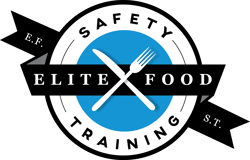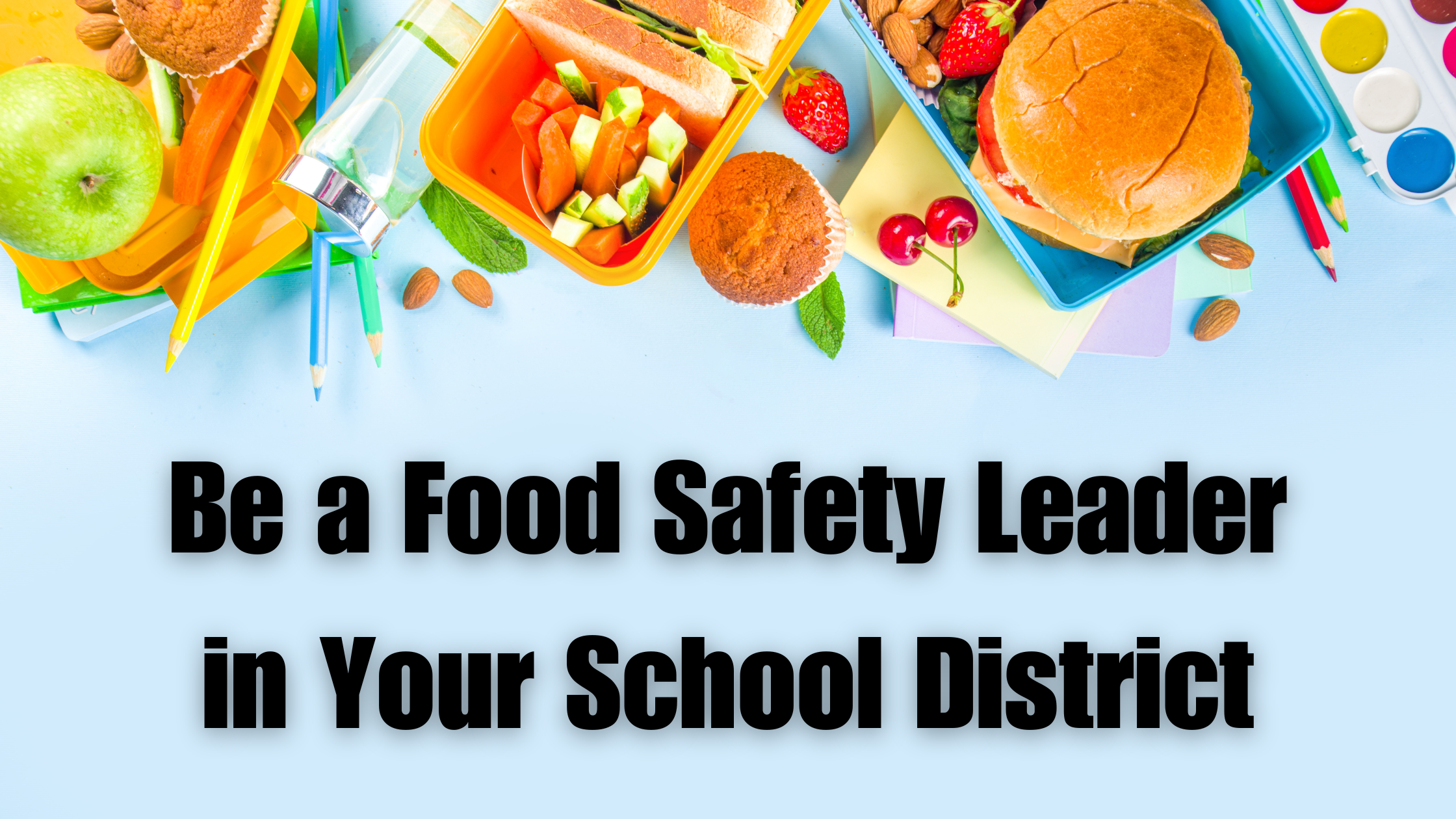Learn how to implement effective food safety practices in your school district and become a leader in promoting a healthy and safe environment for students.
Why School Food Safety is Important
School food safety is of utmost importance as it directly impacts the health and well-being of students. By ensuring that the food served in schools is safe to consume, we can prevent foodborne illnesses and create a healthy environment for learning.
Food safety in schools also plays a crucial role in promoting student attendance and performance. When students have access to safe and nutritious meals, they are more likely to be present in school and have the energy and focus needed to excel academically.
Moreover, by prioritizing school food safety, we demonstrate our commitment to the overall welfare of our students, their families, and the community. It shows that we value their health and safety and are dedicated to providing them with the best possible educational experience.
Key Components of a School Food Safety Program
A successful school food safety program consists of several key components. First and foremost, it is essential to establish standard operating procedures (SOPs) for food handling, storage, and preparation. These SOPs should be based on industry best practices and tailored to the specific needs of the school district.
Regular inspections and audits are another crucial component of a school food safety program. Conducting routine inspections ensures that all food service areas, including kitchens, cafeterias, and storage facilities, meet the necessary hygiene and sanitation standards.
Proper staff training is also vital to ensure food safety in schools. All food service staff should receive comprehensive training on topics such as personal hygiene, proper food handling techniques, allergen management, and cleaning and sanitizing procedures.
In addition to these components, effective communication and collaboration between school administrators, food service staff, and educators are essential. This allows for the implementation of consistent food safety practices and the sharing of important information regarding food allergies, dietary restrictions, and other relevant concerns.
Implementing Food Safety Training for Staff
Implementing food safety training for staff is crucial in creating a safe and healthy environment for students. Proper training equips food service staff with the knowledge and skills needed to handle food safely and prevent foodborne illnesses.
Training sessions should cover topics such as personal hygiene practices, temperature control, cross-contamination prevention, and proper cleaning and sanitizing procedures. Staff members should also receive training on identifying and managing food allergens, as well as understanding and complying with food safety regulations.
It is important to provide ongoing training and refresher courses to ensure that staff members stay up to date with the latest food safety practices and regulations. Regular training sessions also serve as a reminder of the importance of their role in maintaining food safety standards.
By investing in food safety training for staff, schools can create a team of knowledgeable and responsible individuals who are dedicated to providing safe and healthy meals to students.
Creating a Culture of Food Safety in Schools
Creating a culture of food safety in schools involves fostering an environment where food safety is a top priority for all stakeholders. This includes students, staff, parents, and administrators.
One way to promote a culture of food safety is through education and awareness campaigns. Students should be taught about the importance of safe food practices, such as washing hands before meals and properly storing and handling food. Parents can also be involved by reinforcing these practices at home.
Regular communication and collaboration between school administrators, food service staff, and educators are essential for creating a culture of food safety. This can include regular meetings to discuss food safety updates, sharing best practices, and addressing any concerns or issues that may arise.
Schools can also implement reward systems or recognition programs to incentivize and acknowledge individuals or teams that consistently follow food safety protocols. By celebrating and highlighting their efforts, schools can reinforce the importance of food safety and encourage others to do the same.
Overall, creating a culture of food safety in schools requires a collective effort from all stakeholders. By working together, we can ensure that food safety becomes an integral part of our school community.
Staying Compliant with Food Safety Regulations
Staying compliant with food safety regulations is crucial for schools to maintain a safe and healthy environment for students. Non-compliance can result in foodborne illnesses, legal issues, and damage to the school's reputation.
To stay compliant, schools must stay updated on the latest food safety regulations and ensure that their practices align with these requirements. This includes regular review and revision of food safety policies and procedures to incorporate any changes in regulations.
Schools should also establish a system for monitoring and documenting food safety practices. This can include maintaining records of temperature logs, cleaning schedules, staff training records, and inspection reports. These records not only demonstrate compliance but also serve as valuable tools for identifying areas for improvement.
Regular internal audits and inspections should be conducted to assess compliance with food safety regulations. These audits can help identify any gaps or deficiencies in current practices and allow for timely corrective actions to be taken.
Additionally, schools should establish clear protocols for handling food safety incidents or outbreaks. This includes having a designated food safety coordinator who can lead the response and ensure proper communication with relevant authorities.
By staying compliant with food safety regulations, schools can demonstrate their commitment to the health and well-being of their students and maintain a positive reputation within the community.


.png)
-2.png)
-2.png)
.jpg)
